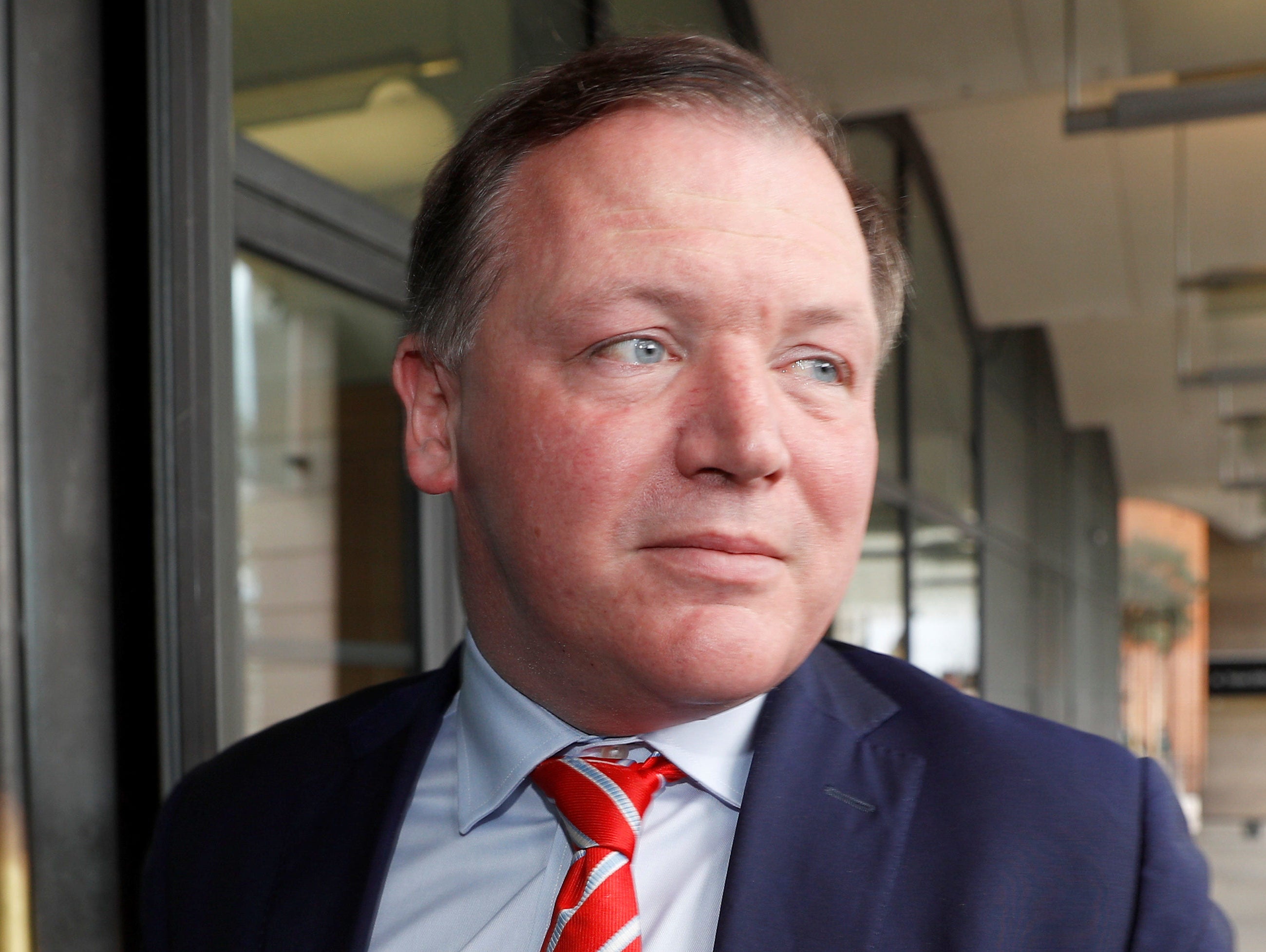
Damian Collins is the Conservative MP for Folkestone and Hythe, and Chair of the Joint Committee on the Draft Online Safety Bill. Here, to mark Journalism Matters Week, he writes for Press Gazette on how he believes the Online Safety Bill can help British journalism thrive.
Journalism Matters Week is a much-needed occasion to celebrate the essential role that a free and diverse media plays in our democracy.
However, it is also a reminder that more needs to be done in an environment where news is increasingly consumed online.
That is not necessarily a bad thing, per se – but it is crucial to guarantee that trusted, professional journalism is not drowned out in a digital world.
This summer I was elected Chair of the Joint Committee of the House of Lords and House of Commons on the Draft Online Safety Bill, tasked by the Government to assess its plans to “make the UK the safest place in the world to be online”.
Click here to subscribe to Press Gazette’s must-read newsletters, Future of Media and Future of Media US |
We’ve been taking evidence from activists, academics, platforms and whistleblowers. One common thread has been that this Bill gives us an opportunity to start rebalancing the relationship between big tech and the free press.
Maria Ressa, CEO of Filipino online news outlet Rappler, and Dmitry Muratov, co-founder of Russia’s Novaja Gazeta, have just been awarded the Nobel Peace Prize, in recognition of their championing of media freedoms in authoritarian regimes.
Maria cannot leave the Philippines; she is being relentlessly pursued by Duterte’s government on trumped-up ‘cyber-libel’ charges, legislation being used retrospectively to silence Rappler’s journalism. But it was with hope in her heart that she was able to give evidence, albeit virtually, to my Committee last week.
Given her position, you could expect that Maria Ressa would have concerns about our Bill; that however good its intentions, it would be used as a model by dictators and despots to silence their opponents.
That is indeed the argument that has been made to our Committee by several UK-based organisations. But Maria said the exact opposite: “You will be a model for everyone around the world. You have to be a gold standard. That will be tough. But please do something.”
I share Maria’s belief that tech giants are complicit with authoritarian regimes, by facilitating the emergence of armies of anonymous accounts who, in Maria’s words, create a false reality in a national political discourse, and as an independent, reputable journalist, ‘pound you to silence’.
As a democracy, it is surely Britain’s role to create higher standards, rather than shy away.
One way to do that is by establishing clear protections for journalists and news media organisations from the whims of Silicon Valley.
Recent examples of British news outlets censored by Youtube have made headlines. TalkRadio and Novara Media may have little in common in terms of editorial leaning, but they both have clear legal liabilities and abide by the rules of established media regulators.
In both cases, Youtube has admitted it was wrong to censor their channels.
The Online Safety Bill will guarantee that such over-reaching would be a breach of a platform’s duty to protect freedom of expression.
Beyond the Online Safety Bill, as we heard from Maria and several other witnesses, in order to guarantee a sustainable future for journalism we need to also look at the business models of big tech.
Facebook, Google and others are, after all, ad companies – and it’s increasingly clear that they are abusing their market power to hoard ad revenue that would otherwise fund news reporting.
This is what led to the showdown between Australian prime minister Scott Morrison and Facebook earlier in the year, before the Californian giant folded, and agreed to enter compensation negotiations with local newspapers under the News Media Bargaining Code.
I hope that the UK will follow suit and build on this model in next year’s Competition Bill: it is time to remind Silicon Valley that British Journalism Matters.
Picture: Reuters/Phil Noble
Email pged@pressgazette.co.uk to point out mistakes, provide story tips or send in a letter for publication on our "Letters Page" blog
